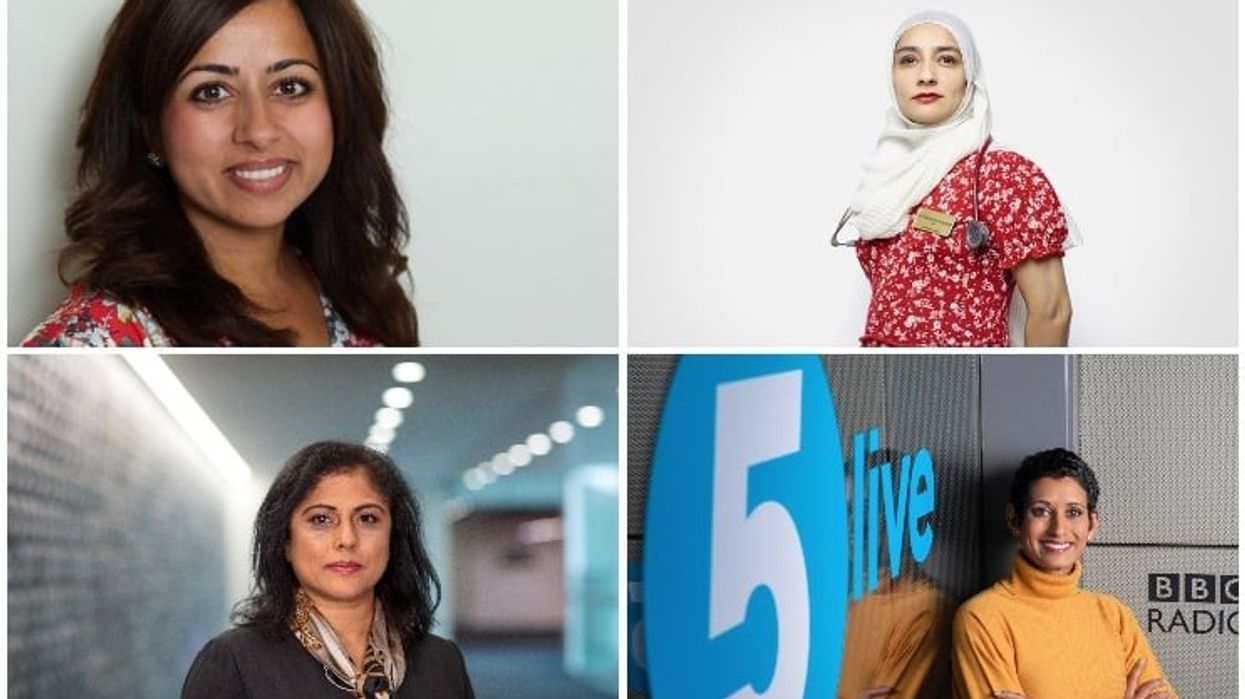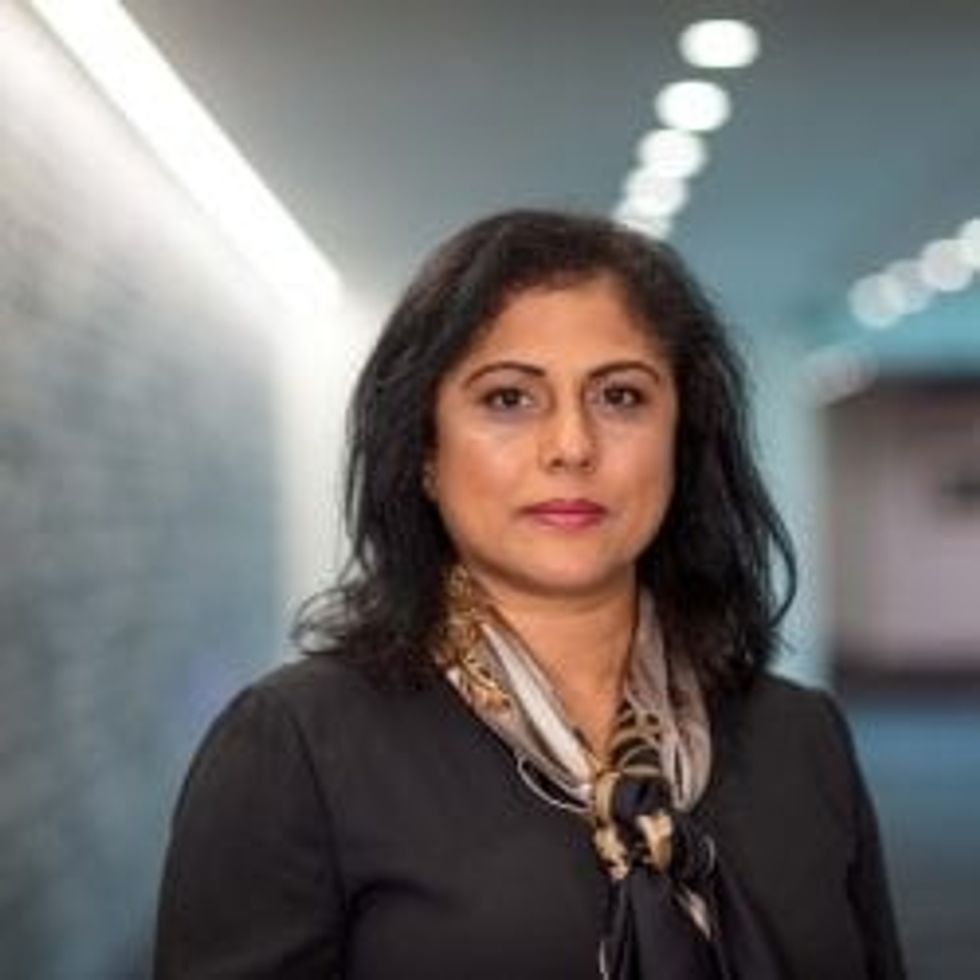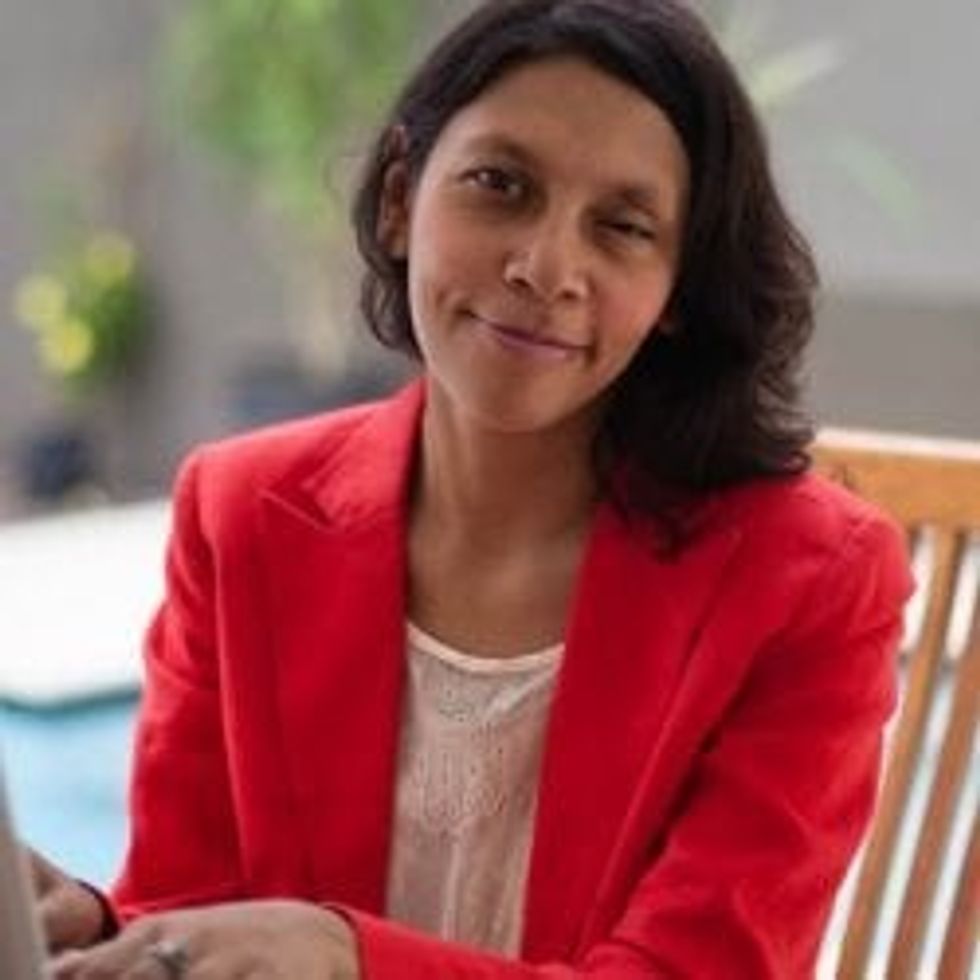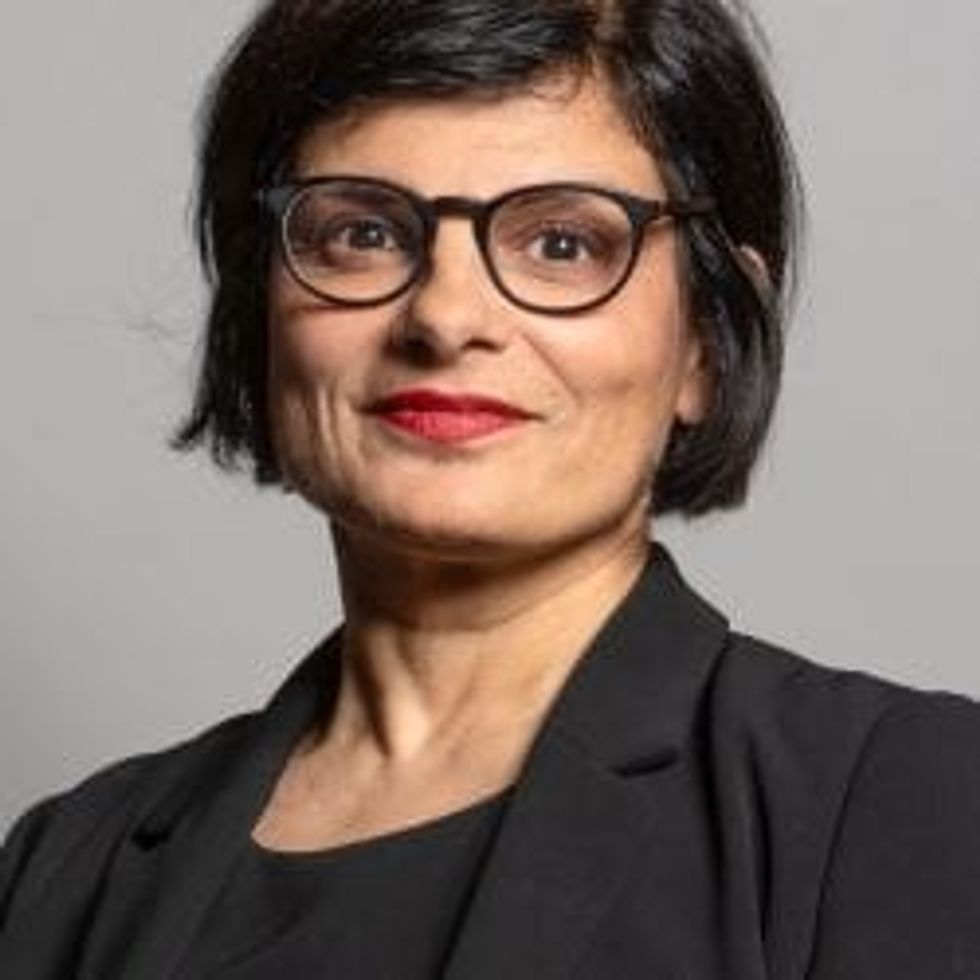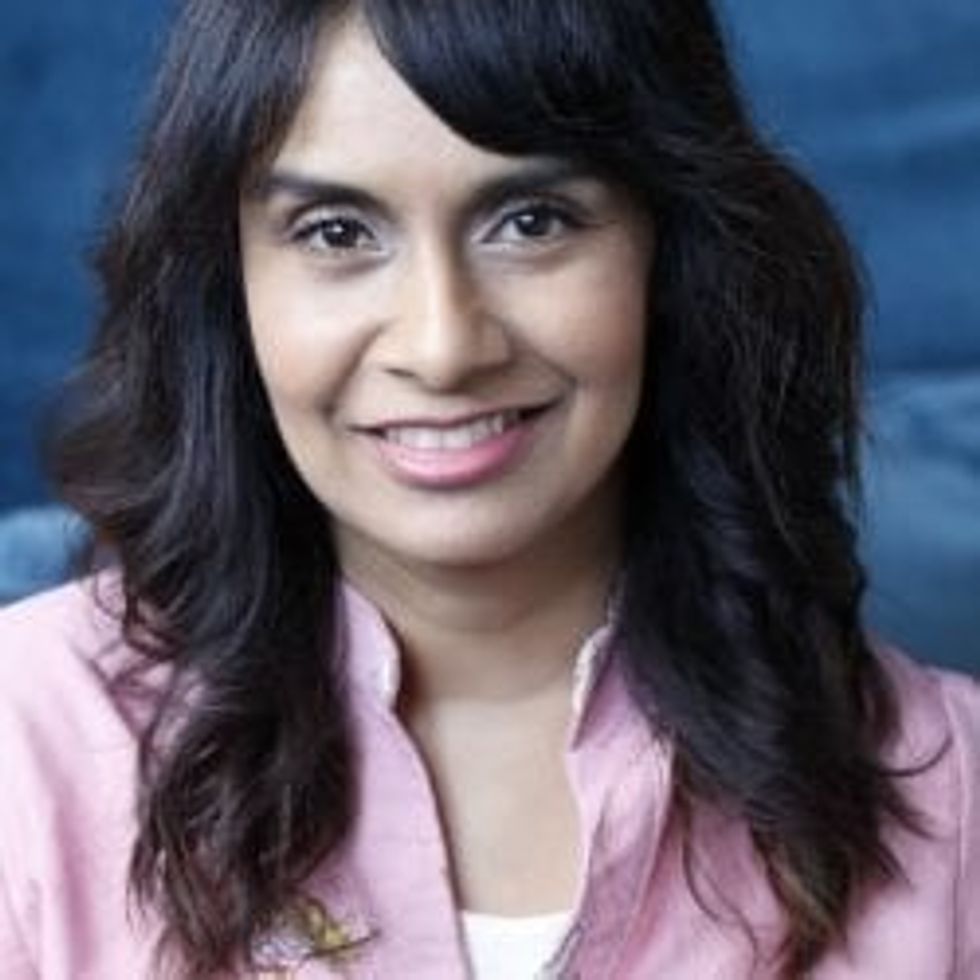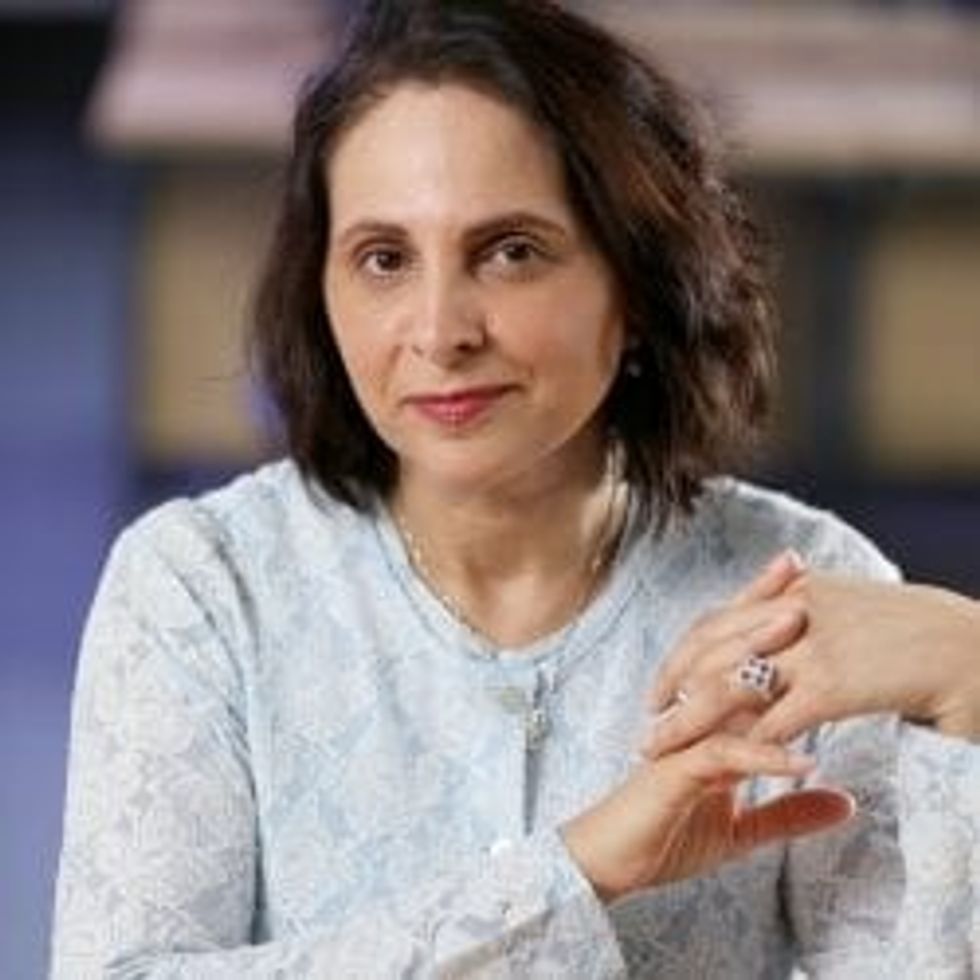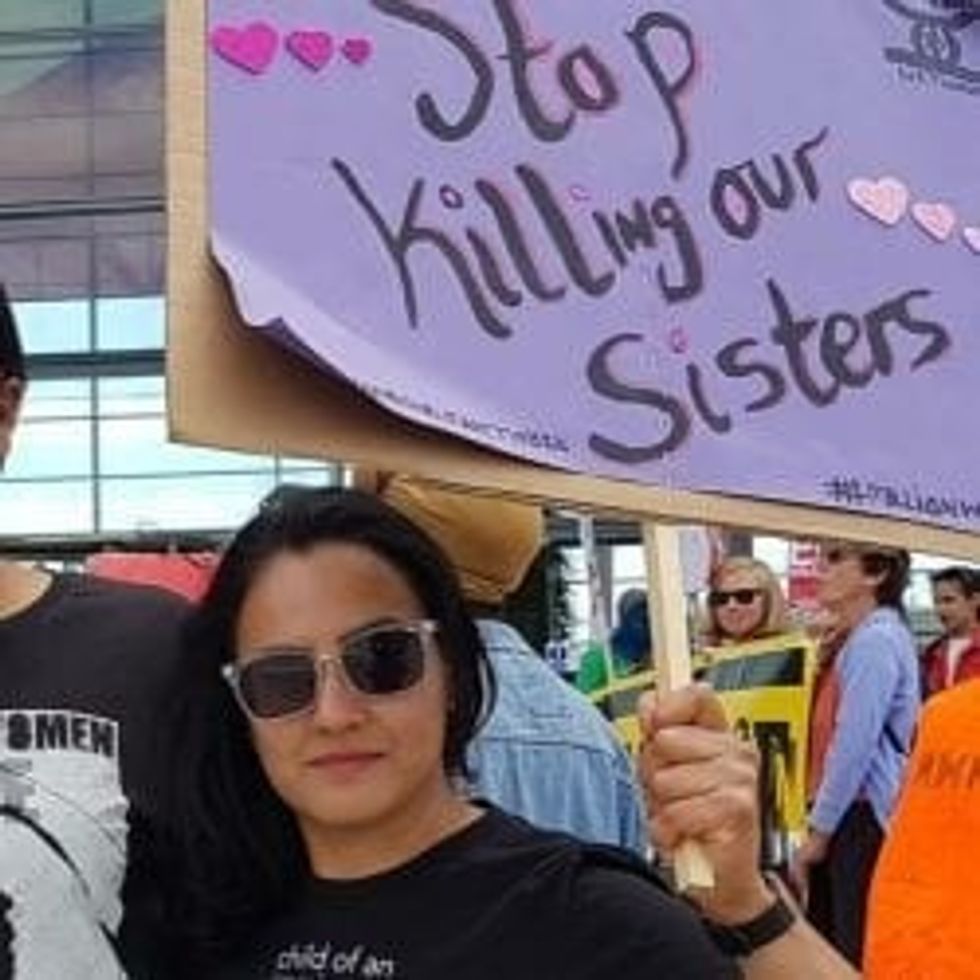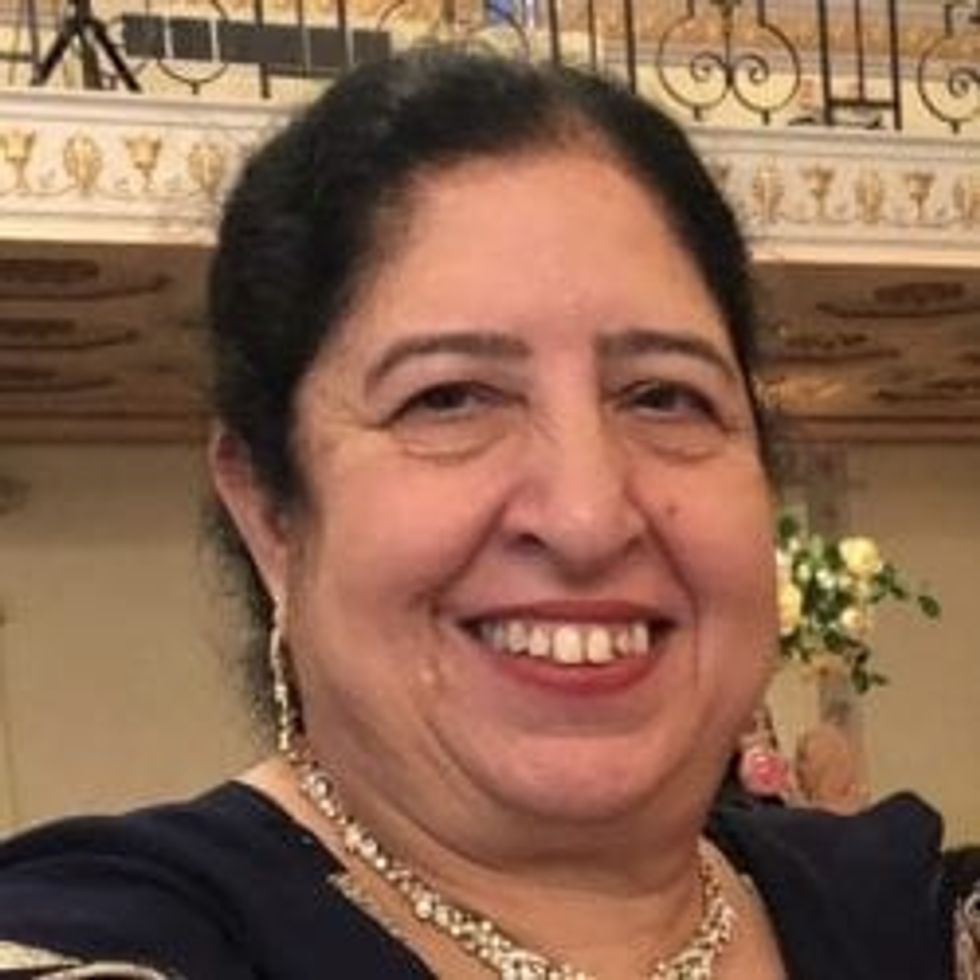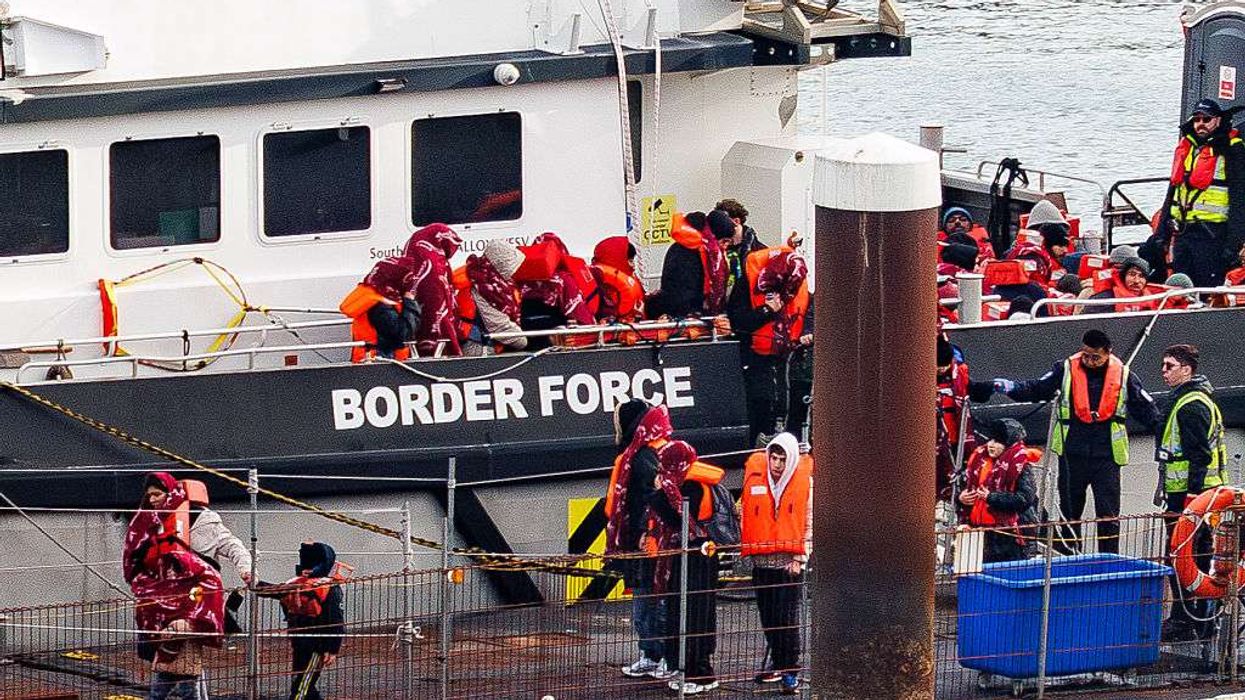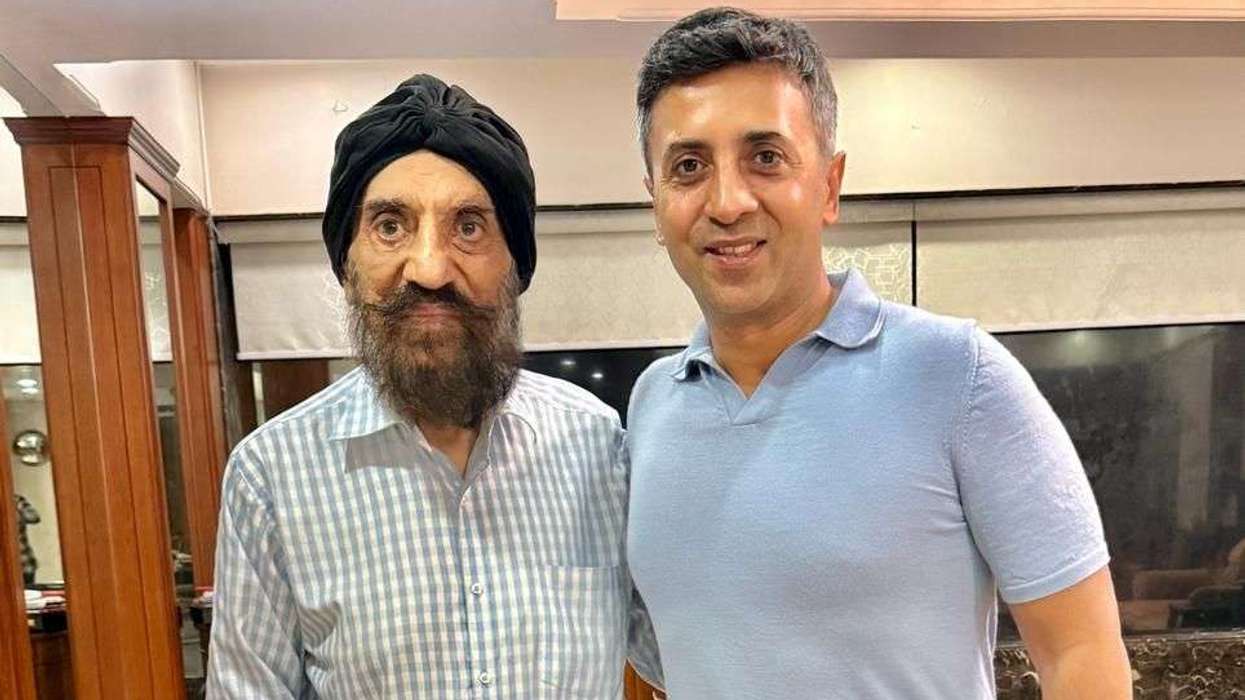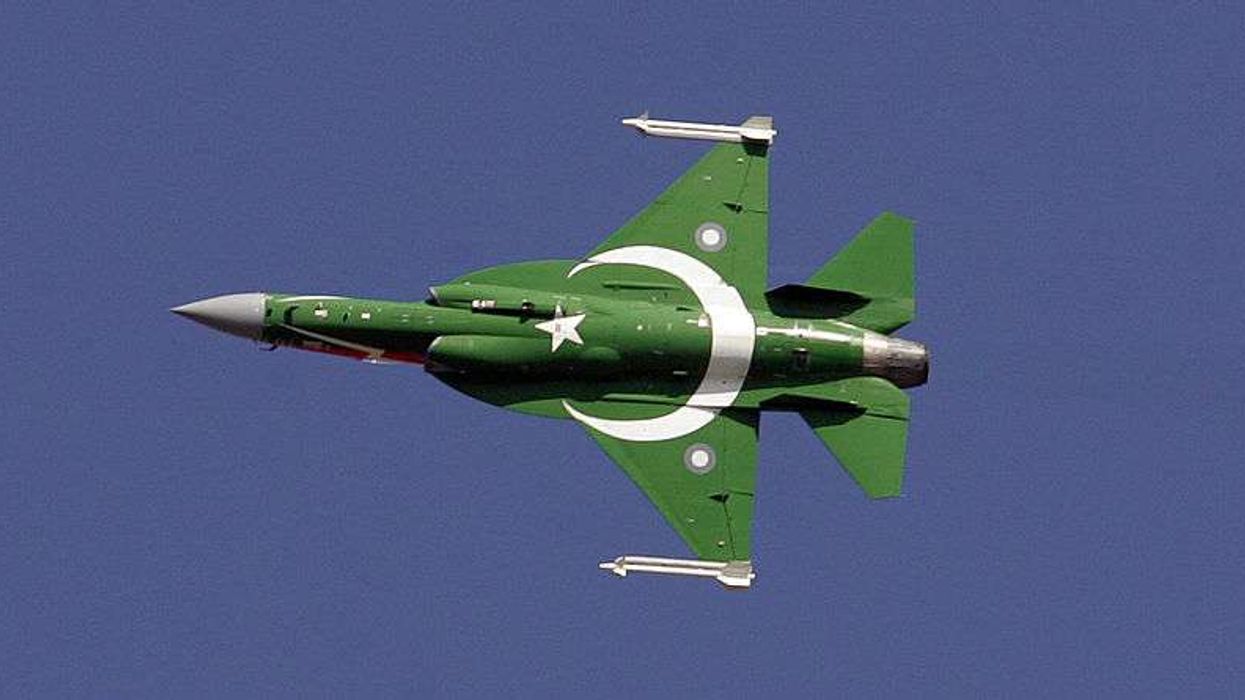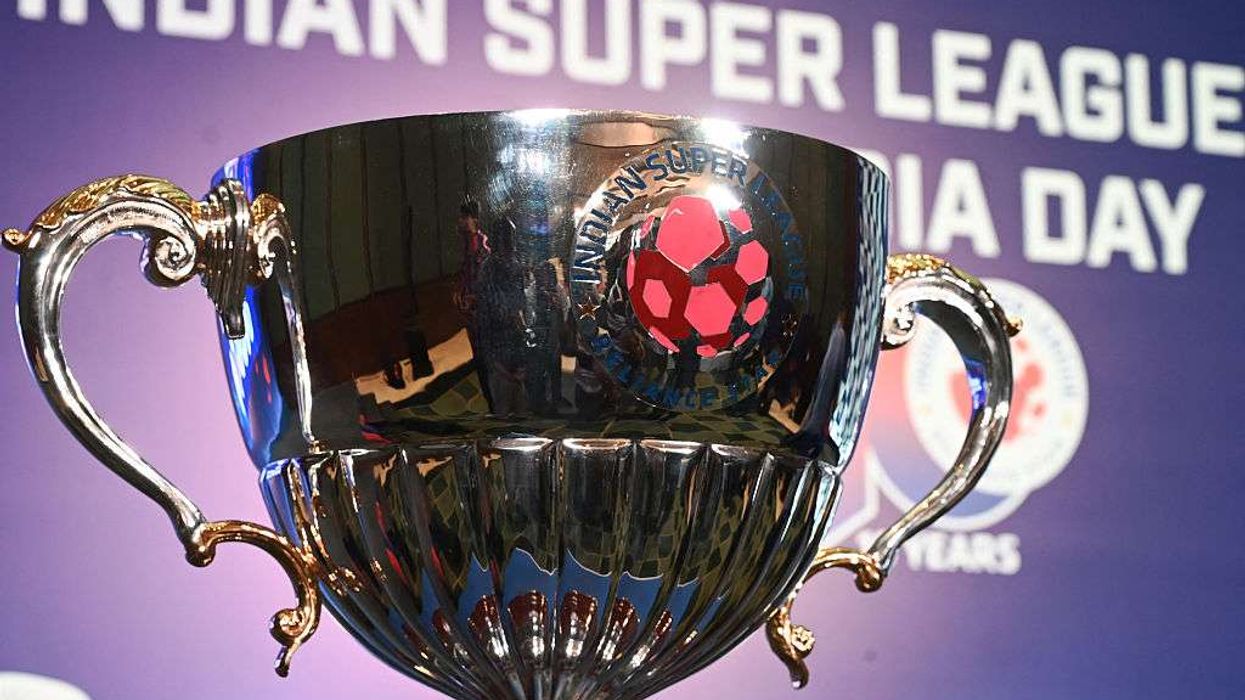by LAUREN CODLING
AS THE world celebrates International Women’s Day on Monday (8), it is important to reflect on the progress made during a challenging year for many.
Eastern Eye spoke to several influential women to find out what they have learnt about themselves during the last 12 months and any gender-based challenges they may have faced…
What have you learnt about yourself in the last year?
Dr Nikita Kanani, medical director of primary care at NHS England: The past 12 months have tested my personal resilience, as I am sure they have for many others. I think having worked for so long now in a high-pressure environment, retaining kindness and compassion towards my colleagues, friends and family have been important. I’m very proud of my profession and of all my NHS colleagues for everything they have done for their patients and communities during the pandemic. It has been a truly humbling experience.
Naga Munchetty, journalist and host of BBC Breakfast: I’ve learned that although I enjoy my independence, I thrive when I spend time with my people. I need face-to-face and physical contact. I can’t wait to hug and be roaring with laughter in a group of my loved ones again.
Dr Halima Begum, chief executive of the Runnymede Trust: One lesson above all has been reiterated to me these last 12 months. From the millions of us who have held families together through lockdown, to vaccine experts such as Prof Sarah Gilbert and heads of government such as (New Zealand’s) Jacinda Ardern, when crisis is upon the world, never underestimate the resilience, selfless dedication and leadership of women. To do so is literally to jeopardise life.
Lolita Chakrabarti, actress and writer: Two things I’ve learned. The first is about the value of good friends and family. It’s really easy to forget about the importance of having those close relationships when you’re rushing about with your work or looking after your kids, but those relationships make you feel better. The other thing is the importance of speaking up. It has been such a volatile time over the last 12 months – from the Black Lives Matter movement to the goings-on with (former US president) Donald Trump. All these have been seismic shifts in the world when we’re not allowed to get together and discuss them (due to the pandemic). With the divisiveness present in the world, it’s really important that you speak your own truth.
